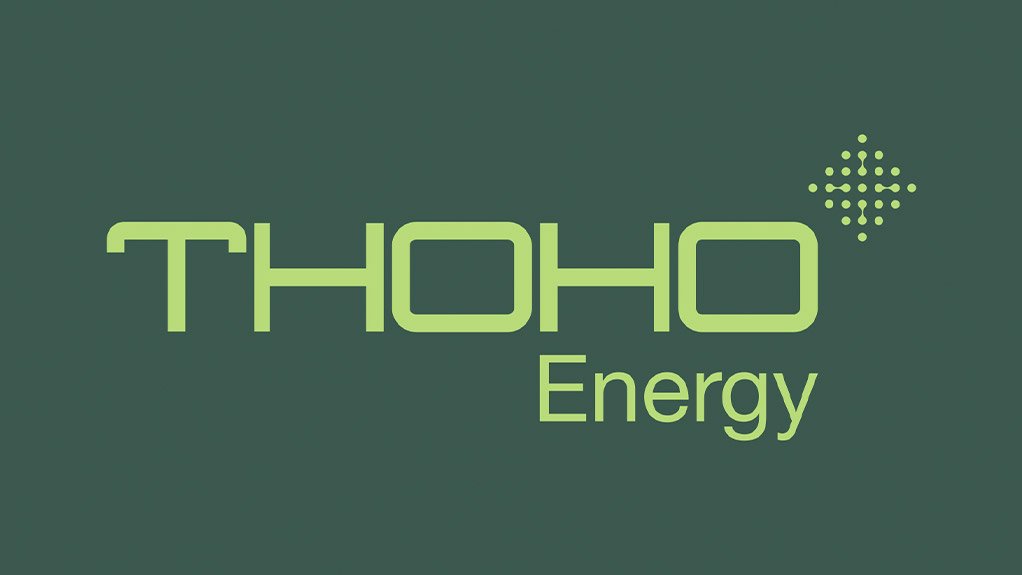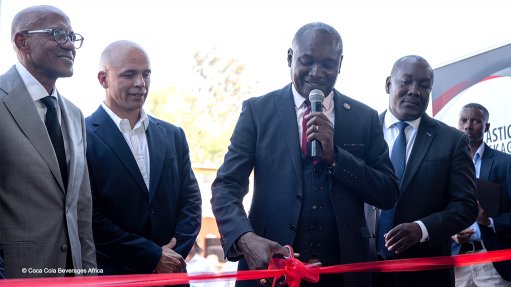How to Choose the Right Alternative Energy Solution
South African businesses continue to grapple with the challenges posed by frequent power outages and rising energy costs. As load shedding becomes increasingly prevalent, entrepreneurs are seeking alternative energy solutions to protect their businesses from operational disruptions. But are they doing it the smart way?
Without careful analysis and consideration, there’s the risk of throwing money at alternative energy solutions that aren’t fit for purpose, or spending too much on systems that generate an unnecessary surplus.
It starts by understanding your energy usage
Before implementing alternative energy solutions, it's essential to conduct a comprehensive audit of your current energy usage—one that includes not only overall consumption, but also energy usage patterns and sources. For example, while solar companies may measure consumption to scope out a system, this data might not accurately pinpoint where energy is being used or identify potential operational efficiencies. Without this granular understanding, there's a risk of investing in a system that exceeds actual requirements, leading to wasted resources and unnecessary expenses.
For a comprehensive assessment, businesses should:
- Evaluate how and when they use energy, distinguishing use during peak and off-peak periods
- Analyse total usage, peak demand, major electricity uses, thermal energy needs, potential future expansions, and any other energy-related variables
Leveraging smart energy management tools like Centrica’s PowerRaderTM platform provides the granular data that allows businesses to make informed decisions and develop long-term strategies to enhance sustainability and efficiency in the face of ongoing energy challenges. With a thorough understanding of energy usage and efficiency measures in place, businesses can develop a strategic roadmap for implementing alternative energy solutions. This roadmap should align with short-term needs, such as mitigating the impact of load shedding, and long-term goals, including reducing energy expenses and carbon emissions.
Let’s consider the hypothetical case of XYZ Manufacturing, a medium-sized factory based in Johannesburg. Faced with mounting electricity bills and frequent disruptions due to load shedding, XYZ Manufacturing decided to invest in solar power as an alternative energy solution. However, lacking accurate data on their energy usage, they overestimated their needs and ended up installing a solar array that far exceeded their actual requirements.
Despite the initial excitement about going solar, XYZ Manufacturing soon realised that their oversized system was generating more electricity than they could consume. As a result, they were unable to fully utilise the energy produced, and the surplus went to waste. This overspending on unnecessary solar panels and batteries strained their budget and failed to deliver the expected cost savings.
Had XYZ Manufacturing conducted a thorough energy audit and utilised smart energy management tools like Centrica’s PowerRaderTM platform, they could have avoided this costly mistake. With an accurate assessment of their energy needs and consumption patterns, they could have right-sized their solar installation to match their actual requirements. This would have maximised the return on their investment and minimised excess spending on unnecessary infrastructure.
Other factors to consider when choosing an alternative energy solution
- Prioritise renewable energy sources to reduce greenhouse gas emissions and enhance reputation as a socially responsible company
- Assess physical space and siting requirements for potential renewable setups
- Investigate relevant incentives, policies, and regulations surrounding renewables
- Explore renewable energy certificates and offsets to meet sustainability goals
- Study grid interconnection processes and potential upgrade costs
- Evaluate the compatibility of solar panels with the building's architecture and electrical system
- Consider battery storage systems for storing excess electricity generated by solar panels
- Anticipate changes in energy needs over time and select a system that can accommodate future growth
- Consider pricing structures, tariffs, contract duration, and flexibility of energy plans
- Assess the quality of customer support from energy suppliers through online reviews
You may also be interested in: How South Africa’s First Real-Time Energy Management Solution Can Build Your Bottom Line
Embracing alternative energy solutions with THOHO Energy
As South African businesses confront the challenges of load shedding and rising energy costs, they need to carefully plan the deployment of alternative energy assets to maximise their effectiveness and minimise investment risks. By embracing smart energy management practices and partnering with trusted providers like THOHO Energy, businesses can enhance resilience, efficiency, and sustainability, positioning themselves for success in an uncertain energy future.
Learn more about how THOHO Energy can help you understand and optimise your energy consumption. Please contact us if you have any questions; we’d love to help you shape a more sustainable future.
Comments
Press Office
Announcements
What's On
Subscribe to improve your user experience...
Option 1 (equivalent of R125 a month):
Receive a weekly copy of Creamer Media's Engineering News & Mining Weekly magazine
(print copy for those in South Africa and e-magazine for those outside of South Africa)
Receive daily email newsletters
Access to full search results
Access archive of magazine back copies
Access to Projects in Progress
Access to ONE Research Report of your choice in PDF format
Option 2 (equivalent of R375 a month):
All benefits from Option 1
PLUS
Access to Creamer Media's Research Channel Africa for ALL Research Reports, in PDF format, on various industrial and mining sectors
including Electricity; Water; Energy Transition; Hydrogen; Roads, Rail and Ports; Coal; Gold; Platinum; Battery Metals; etc.
Already a subscriber?
Forgotten your password?
Receive weekly copy of Creamer Media's Engineering News & Mining Weekly magazine (print copy for those in South Africa and e-magazine for those outside of South Africa)
➕
Recieve daily email newsletters
➕
Access to full search results
➕
Access archive of magazine back copies
➕
Access to Projects in Progress
➕
Access to ONE Research Report of your choice in PDF format
RESEARCH CHANNEL AFRICA
R4500 (equivalent of R375 a month)
SUBSCRIBEAll benefits from Option 1
➕
Access to Creamer Media's Research Channel Africa for ALL Research Reports on various industrial and mining sectors, in PDF format, including on:
Electricity
➕
Water
➕
Energy Transition
➕
Hydrogen
➕
Roads, Rail and Ports
➕
Coal
➕
Gold
➕
Platinum
➕
Battery Metals
➕
etc.
Receive all benefits from Option 1 or Option 2 delivered to numerous people at your company
➕
Multiple User names and Passwords for simultaneous log-ins
➕
Intranet integration access to all in your organisation



















